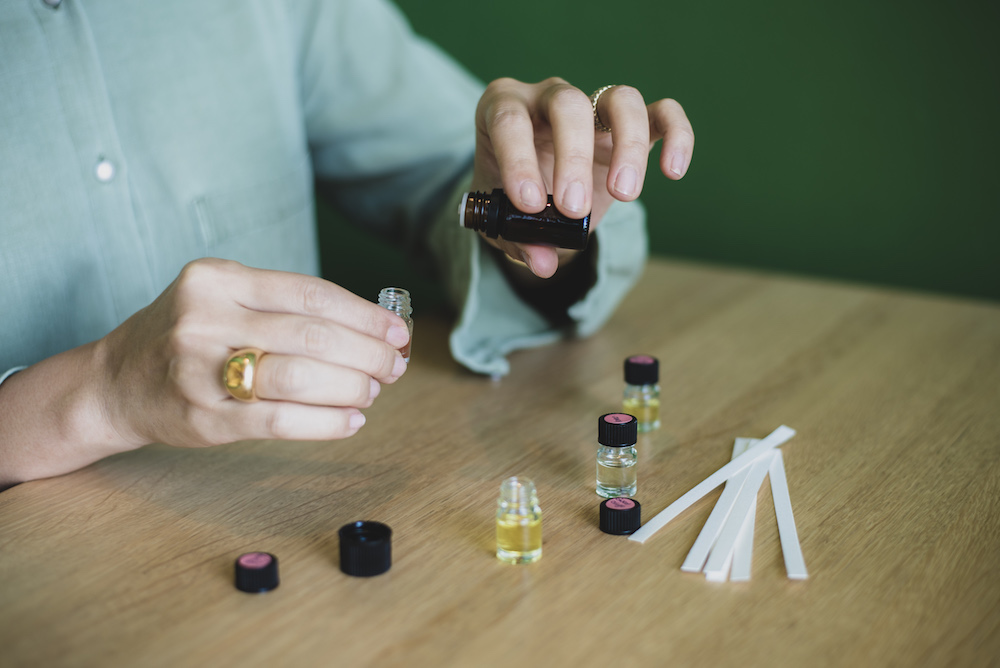
What is Olfactive aromatherapy?
Up to this date, as olfactive aromatherapy (aka aromachology) isn’t so well known yet, I like and have to come up with a little explanation of what it actually is. And I love to do so, because I love what I do! So here is a write up to bring clarity on how inhaling aromas have a direct effect on our psycho-emotional state of being.
I hope this will be useful to you if you are new to aromachology or if you too would like to spread the good word about it.
If you are familiar with aromatherapy, then you already know that there is a holistic therapy using essential oils (aka the extracted volatile aromatic compound of a plant) to address health & wellness challenges.
If this concept is new to you, this therapy is called aromatherapy (“aroma” + “therapy”).
But wait, aromatherapy is quite broad…
You can use essential oils in various ways and via different “routes” to your body, depending on what you are trying to achieve.
In scientific aromatherapy, we study what essential oils are (what they are made of, from a biochemistry perspective), in order to understand what benefits they can bring to our well-being.
We use essential oils in a manner that is close to allopathic medicine: in response to a problem (ie: a cut, a burn, a bruise, gas, headaches, etc.) wether internally (oral, sublingual, etc) or externally (topically, atmospheric diffusion, etc).
Focussing on emotional health
Besides the use of aromatherapy to treat the physical, guess what! We can also use it to address a more subtle part of our health: our emotional health.
The “route” we will then choose to use aromatherapy is through olfaction: our sense of smell. And we do so by inhaling the essential oils, so they can travel through our nose and reach our brain (the limbic part of it, host to our emotions and memory).
We call this specific type of aromatherapy: olfactive aromatherapy, also known as Aromachology which means the knowledge, the science of aromas.
How to improve your emotional health
Events happen, and as humans, we feel, response, and take actions.
And as we are not able to control what happens in the world, what is beyond us, the one thing we can do though is to decide what we do about it.
Sometimes, it is easier said than done, and one could say: “I can’t control my emotions”, but we can work on that. People who are more in control of their emotions I believe are stronger and healthier, emotionally and overall.
But let me be clear here. What I mean by controlling your emotions isn’t that you suppress, ignore them, nor pretend they are something else. Controlling emotions starts by understanding them, being aware of them and how you respond. Subsequently, this will lead to a better management of your own thoughts, and how you react.
Plus, isn’t it all connected? Don’t we all experience physical manifestations upon feeling certain emotions? (Think of the knot in your stomach when feeling anxious, or the wave of heat when feeling happy!)
How does olfactive aromatherapy work?
The first tool that is at our fingertip is the most simple thing in the world.
The second one, my favorite tool, is – you guessed – Aromachology.
#1 Breathing
Simple. Isn’t it? So simple that you don’t even need to think about it, it just happens mechanically!
But “how you breath affects how you live”.
This article shares details about breath awareness, the physiological mechanisms and the body-mind connection of breathing. Check it out! And in a few words, I want to mention breathing as a very important part of Aromachology, as breathing exercises will already have effects on stress management and improve your physical and mental health.
#2 Aromachology
An essential oil (E.O.) is a rich concentration of aromatic substances extracted from nature. Each plant used to produce an essential oil delivers a specific set of benefits. For instance, Petitgrain bigarade essential oil (Citrus × aurantium L. ssp amara) is often used for balancing the nervous system. It promotes relaxation and is known to be soothing. This is scientifically explained by its high content in linalyl acetate and linalool, both known to have calming effects.
In order to benefit from these calming properties, you can use olfactive aromatherapy, whereby you will apply a few drop of the chose E.O. on a tissue, an inhaler stick, in a diffuser or even as a natural perfume, and the molecules, will deliver their properties to your brain once you inhale them.
In a nutshell, we associate a certain essential oil (or a combination of) to be used in response to a specific health & wellness issue. This is aromatherapy.
Should the challenge you want to address be of emotional nature, there is a powerful tool that exist: olfactive aromatherapy. This method implies inhaling one or several essential oils, so their properties will benefit you from a psycho-emotional perspective.


